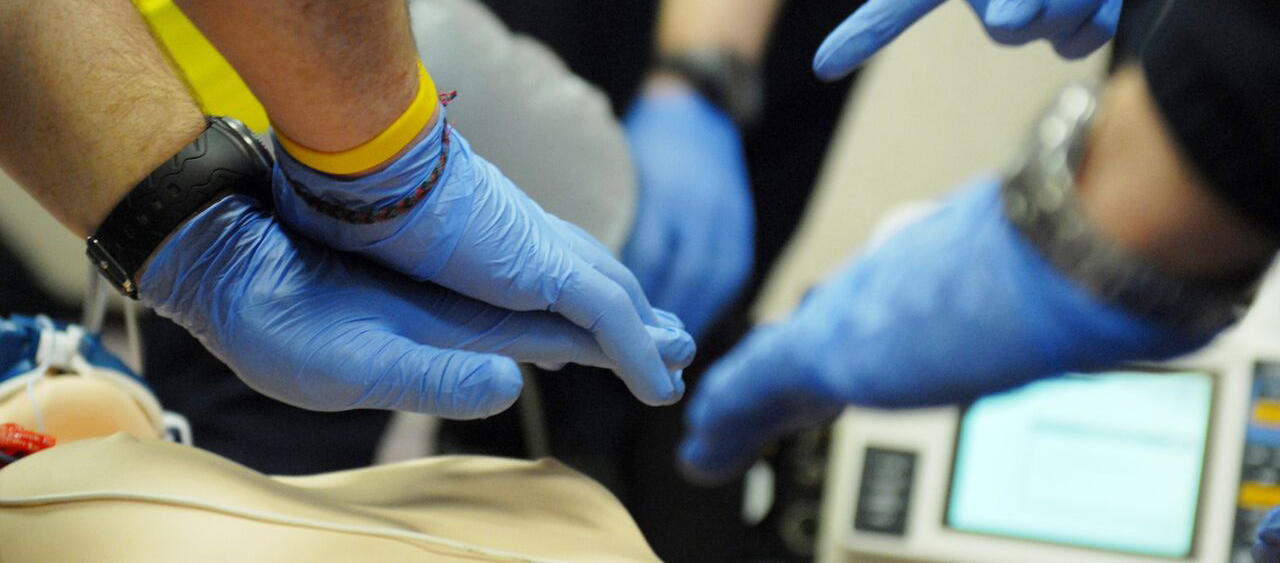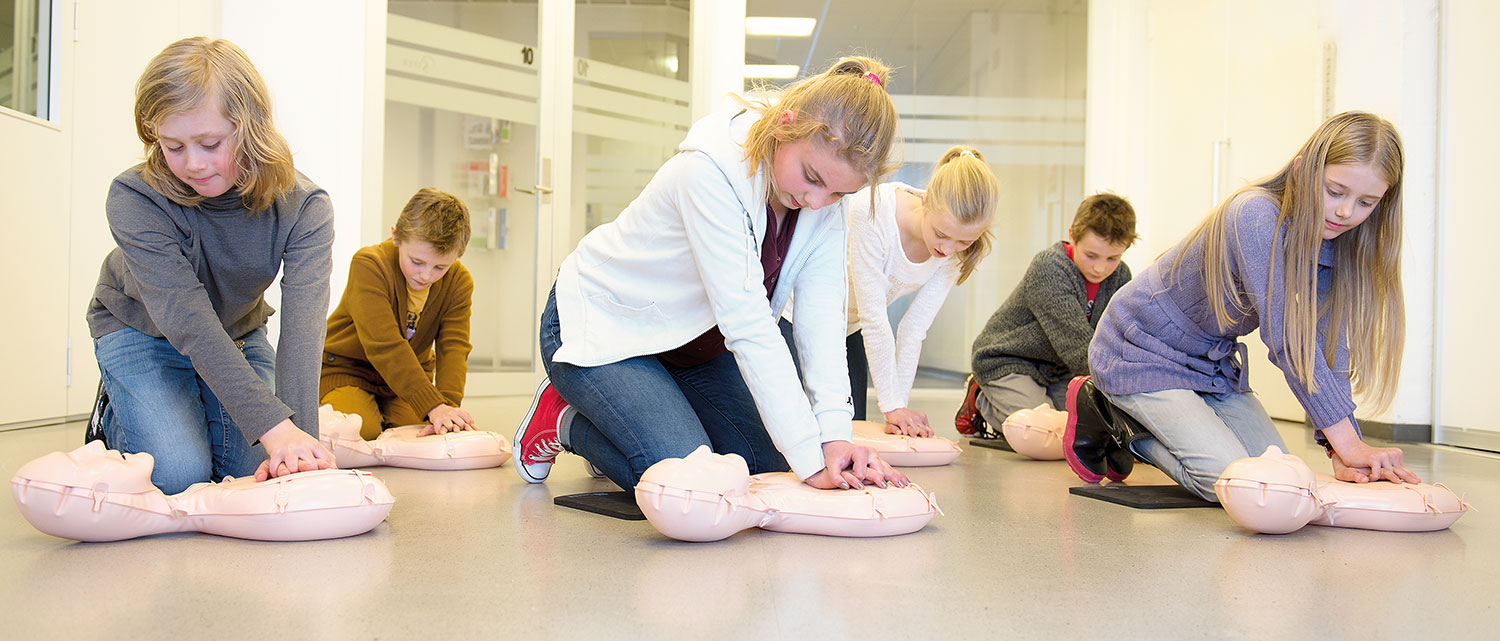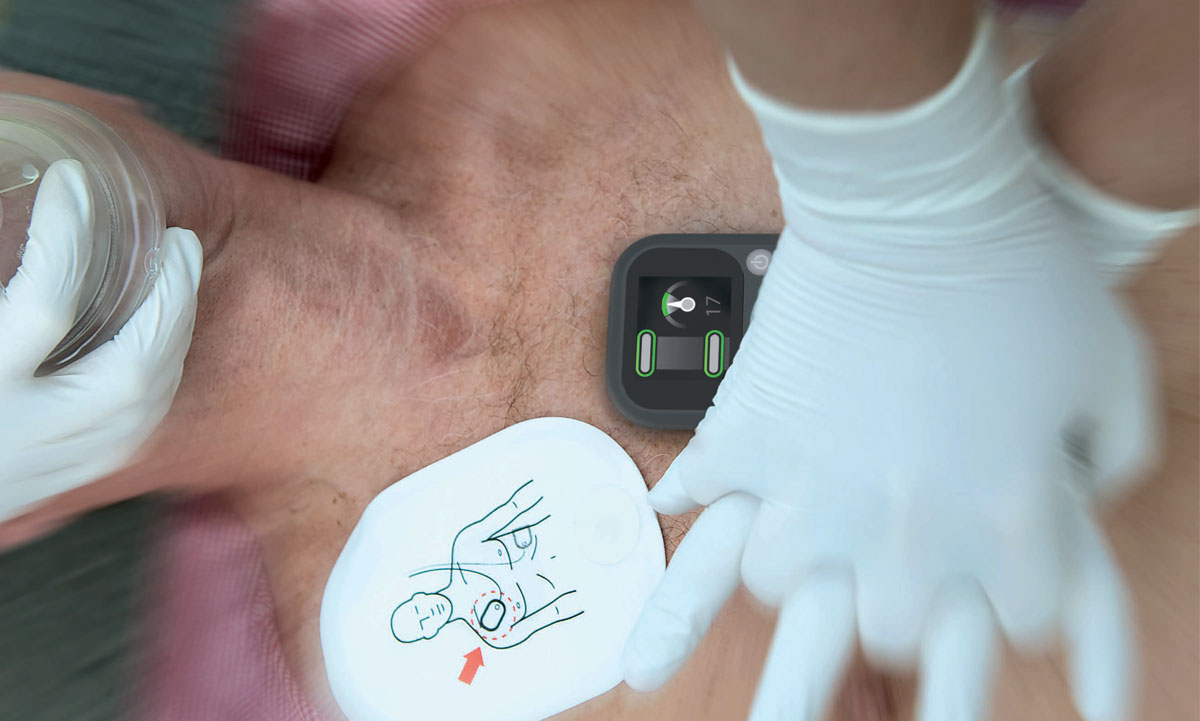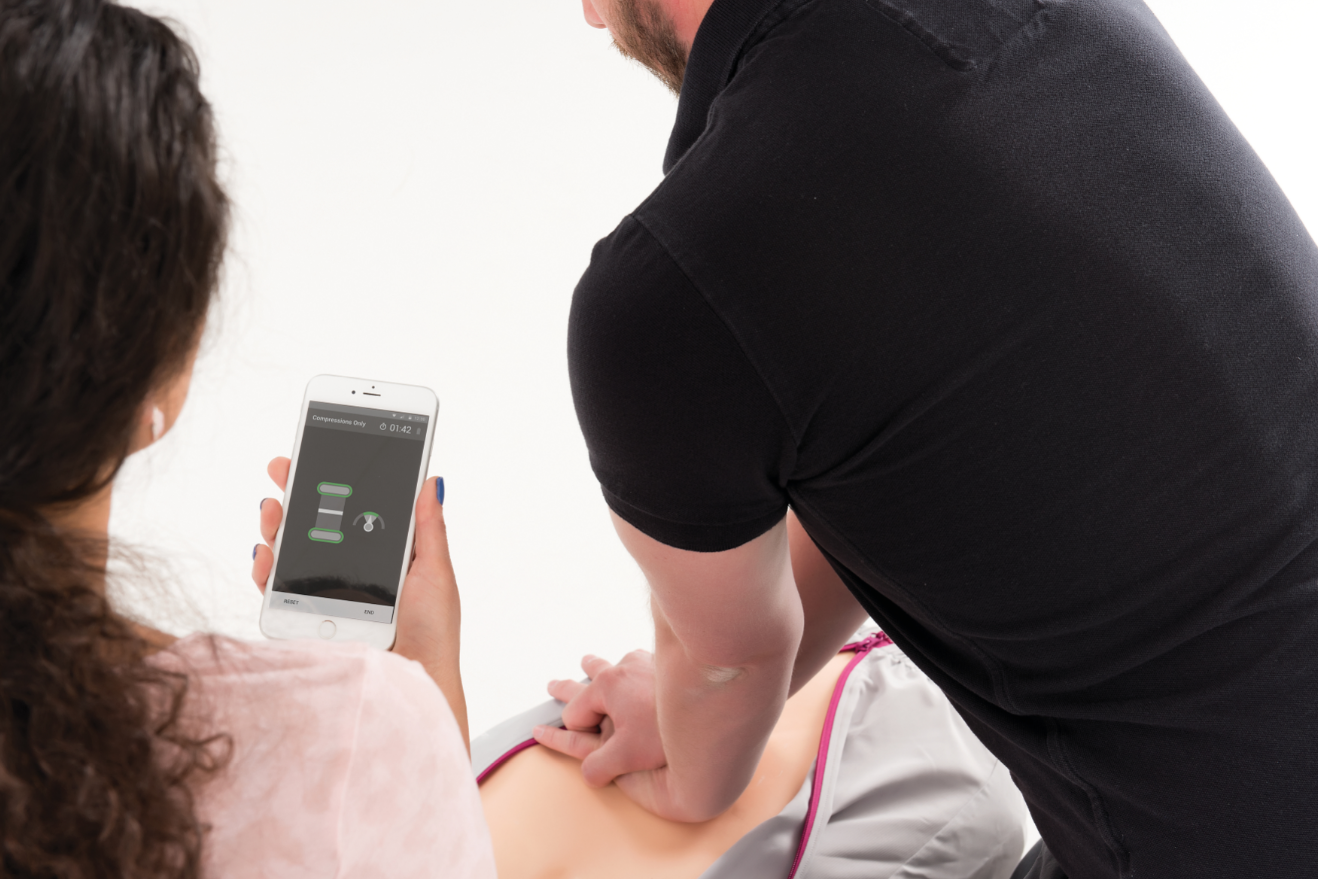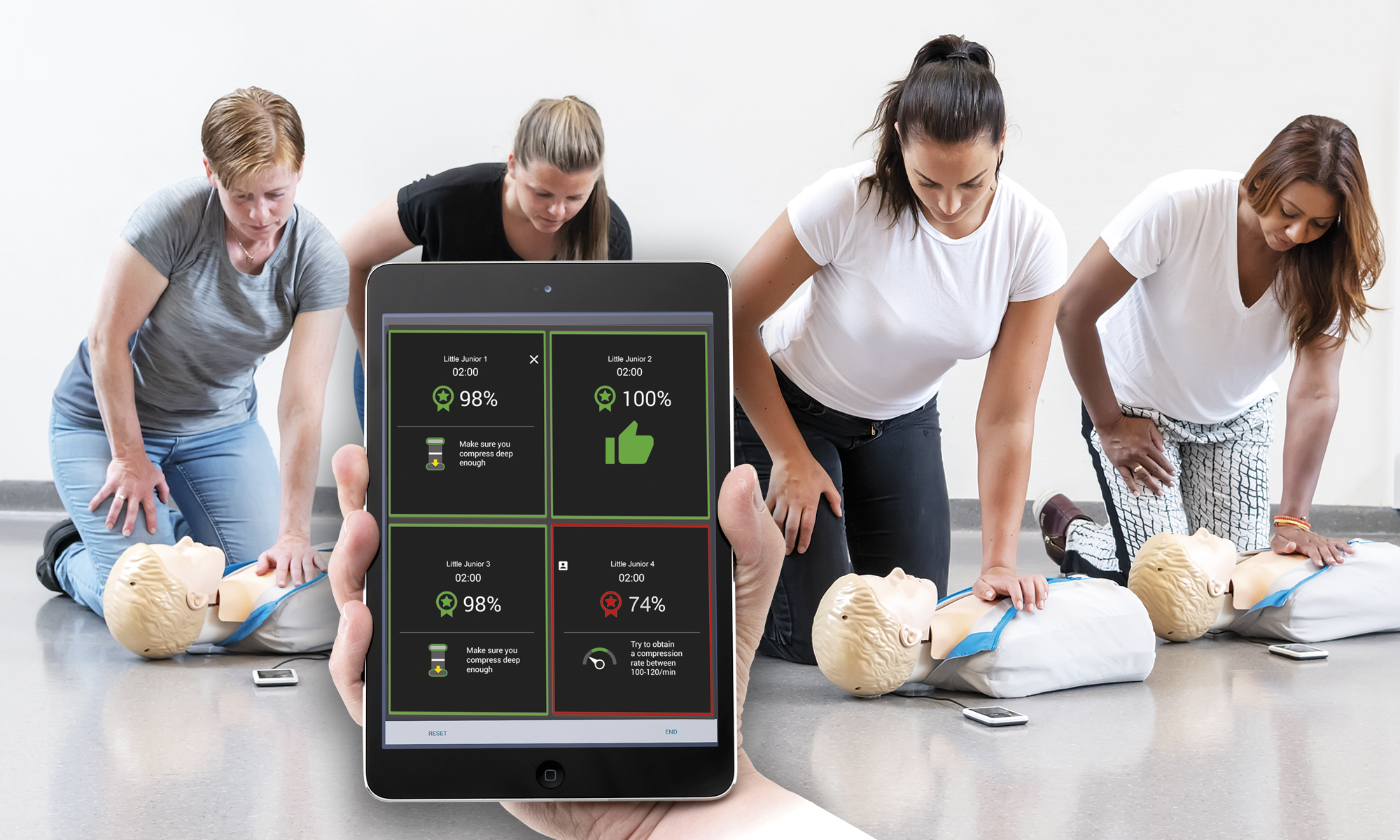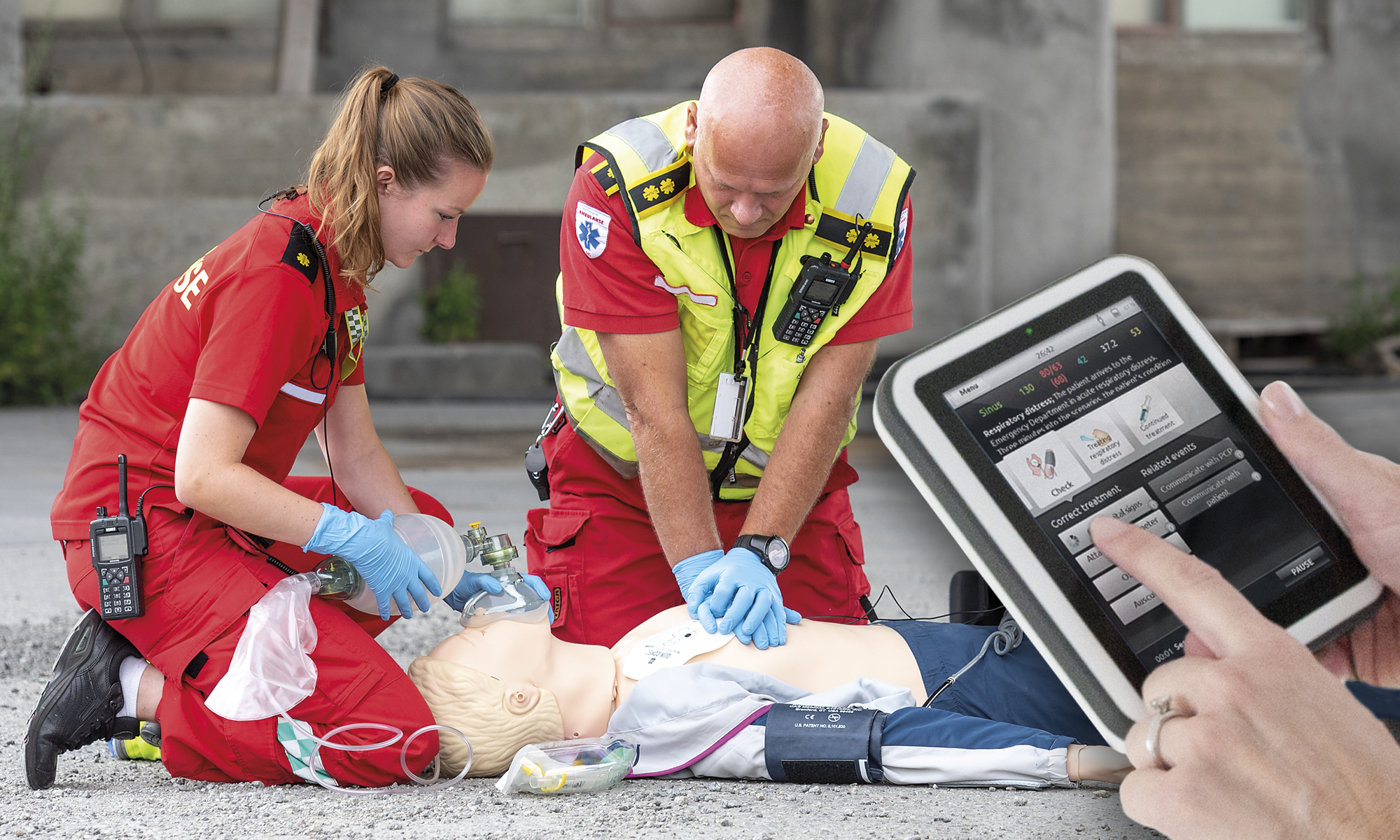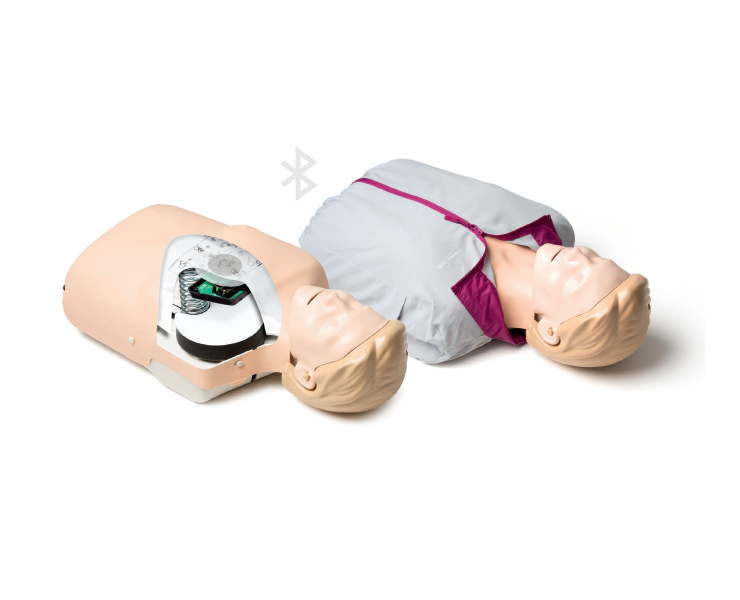QCPR: Quality CPR Saves Lives
Measure To Improve
There are many factors that contribute to survival from cardiac arrest but none as powerful as receiving high quality CPR.
What is QCPR Technology?
Laerdal’s QCPR-enabled manikins and feedback devices measure the quality of CPR performance, providing real-time and summative feedback on the critical components of high-quality CPR as defined by the American Heart Association.
Help Ensure Quality CPR with Real-Time Feedback
The consensus is clear: high-quality CPR saves lives,1,2 but when seconds and millimeters can be the difference, even seasoned professionals can have difficulty achieving correct compressions on look and feel alone.
Fortunately, multiple studies3,4 have shown that real-time feedback can improve the quality of compressions provided. As the Resuscitation Academy's Mike Helbock states below, "You cannot improve that what you cannot measure," meaning if your goal is to optimize performance, performance feedback becomes a necessity.
Resuscitation Experts on Real-Time Feedback
Five experts share their thoughts on the role of using real-time feedback devices in improving survival from cardiac arrest.
Helping You Succeed
AHA Feedback Requirement
Following the scientific evidence on feedback devices highlighted in the 2015 AHA Guidelines Update for CPR and ECC, effective January 31, 2019, the AHA now requires the use of an instrumented directive feedback device or manikin in all AHA courses that teach the skills of adult CPR.1
Explore Solutions
CPR-Training im Team
Das neue QCPR-Race-Feature beinhaltet spielerische Wettkampf-Elemente samt Feedback-Technologie, wodurch Ausbilder die Qualität, Unterrichtseffizienz und das Engagement der Trainingsteilnehmer steigern können.
Professionelle CPR
Mit dem Resusci-Angebot wurden bislang mehr als 500 Millionen Menschen trainiert. Weitere Produkterweiterungen werden Sie dabei unterstützen, auch in Zukunft Teams zu bilden, die optimale CPR-Leistung bringen.
Already own a CPR manikin?
Upgrade kits are available for you to easily install and benefit from the improvements.
